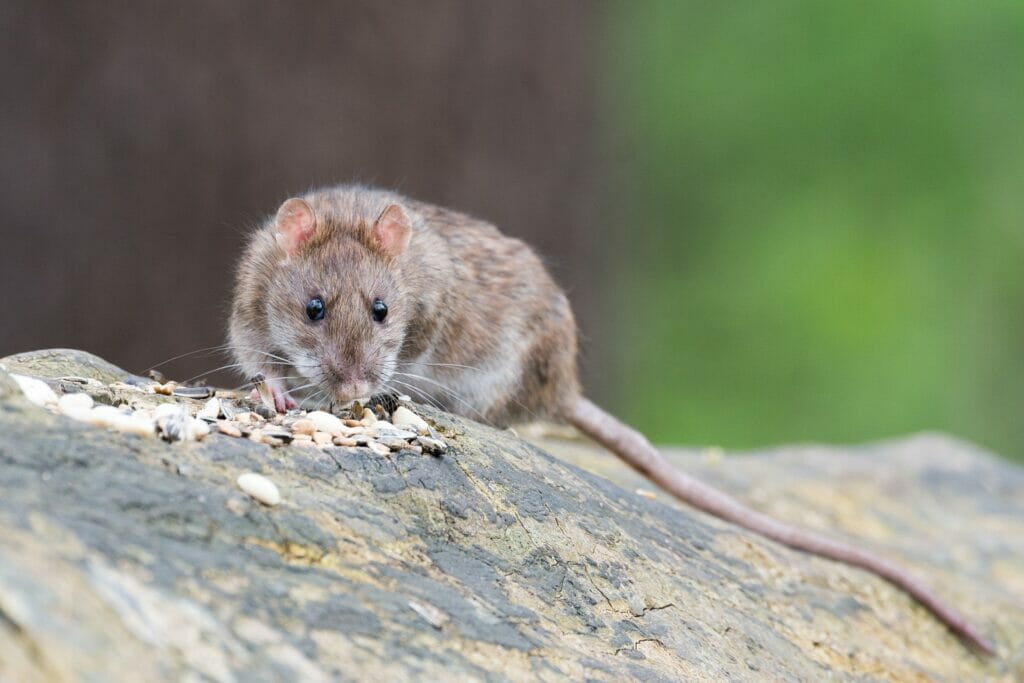Table of Contents
Discovering pest infestations in your home can be distressing, but when the problem occurs in a rented property, everything gets a little more complicated. For example, is it up to the tenant to sort the problem, or are landlords responsible for pest control?
Let’s take a look at the laws surrounding pest control for rented accommodation to discover which party is responsible for dealing with pests.
What counts as a Pest problem?
Pests are always an issue, whether there’s just one on your property or hundreds. There is no legal definition that determines what makes a pest infestation a problem – which can be useful when it comes to disputes regarding responsibilities.
As a general rule of thumb, the term ‘pests’ refers to unwanted creatures on your property. The most common household pests in the UK include rats, mice and squirrels, and insects including bedbugs, fleas, cockroaches, ants and flies.

The number of pests on your property is irrelevant. If you have spotted them with your own eyes or even seen signs of a pest, then you have a pest problem. The pests mentioned above can all breed rapidly, making your infestation ten times worse if left untreated.
So, if you’ve noticed signs of pests in your home, then you need pest control – regardless of who’s responsible!
Are Landlords Responsible for Pest Control?
When a landlord lets out a property, they take on a legal obligation to ensure it is safe to live in and free from health hazards. The law was set in the Homes (Fitness for Human Habitation) Act 2018.
Under this Act, landlords could be taken to court if rented properties were not fit for human habitation. Following the judgement, landlords would be made to pay for repairs and even pay compensation to their tenants for any harm caused.
Following this Act, you may be under the impression that landlords are always responsible for pest control in their rental properties. However, this isn’t necessarily the case.
In most circumstances, landlords are responsible for controlling a pest infestation. These circumstances include:
- If the pest infestation was already present on the property before the date the tenants moved in
- If the pests were able to gain access to the property due to disrepair
- If the infestation means the home is no longer safe to live in, e.g. if their presence has caused illness
- If there have been problems in the past and the landlord has failed to take adequate measures to prevent their return
For a more definitive answer, it’s worth checking the tenancy agreement for a clause that refers explicitly to pests and vermin.
If you notice signs of pests on your rented property, always take photos and videos for evidence and share the information with your landlord in writing.
Are Tenants Responsible for Pest Control?
Nine times out of ten, pest control liability lies with the landlord. However, as a tenant, you have a legal obligation to act in a ‘tenant-like manner’.
First decreed by Lord Judge Denning in 1954 during the Warren v Keen case, the term refers to a tenant’s responsibilities when living in a rented property.
To act in a tenant-like manner essentially means to carry out the typical everyday tasks that you would have to do if you owned the home. These include:
- changing a lightbulb
- cutting the grass and keeping the garden tidy
- bleeding the radiators
- unblocking drains and sinks
So, if the pest problem is due to failure to act in a tenant-like manner, then the responsibility of pest control is on the tenant.
To put it simply, if you have piles of rubbish bags in your garden, or you never hoover your carpets, or you leave dirty plates all over the home, then it’s highly probable that you and your actions have caused the infestation.
It is not the landlord’s responsibility to pay for a problem you caused in this scenario. Therefore, failure to act in a tenant-like manner leaves the burden of pest control on the tenant’s shoulders.
Environmental Health & Pest Control
In some instances, if neither the tenant nor landlord takes responsibility for the pest problem, Environmental Health could get involved.
Usually, they will send out an Environmental Health Officer to determine how and why the pests entered the property. The EHO has the authority to place liability upon the responsible party, who must take the appropriate steps to deal with the situation.
The Council’s Responsibility
Unfortunately, some landlords will not accept their responsibilities and fail to resolve a pest problem on their property. If this occurs, the tenant is within their rights to contact their local Council.
If an EHO determines the pest problem to be the landlord’s fault, the Council can serve the landlord with an enforcement notice.
In severe cases, the Council will arrange for a pest control provider to attend the property and eliminate the pests. If this occurs, the landlord in question is legally obliged to pay for all costs involved.
Getting Rid of Pests in a Rented Property
Regardless of who is responsible for the pest infestation, the pests must be immediately removed from the property.
Getting rid of the pests will not only prevent any illness or harm from coming to the tenants, but it will also prevent any structural damage from occurring to the property – a win-win for both parties!
In order to successfully remove pests from a property, you need the services of a professional pest control company, like Integrum. We offer removal and proofing services for all types of pests across London and the South East of England.
Whether you’re a tenant or a landlord, get in touch today for a free quote with no obligations.